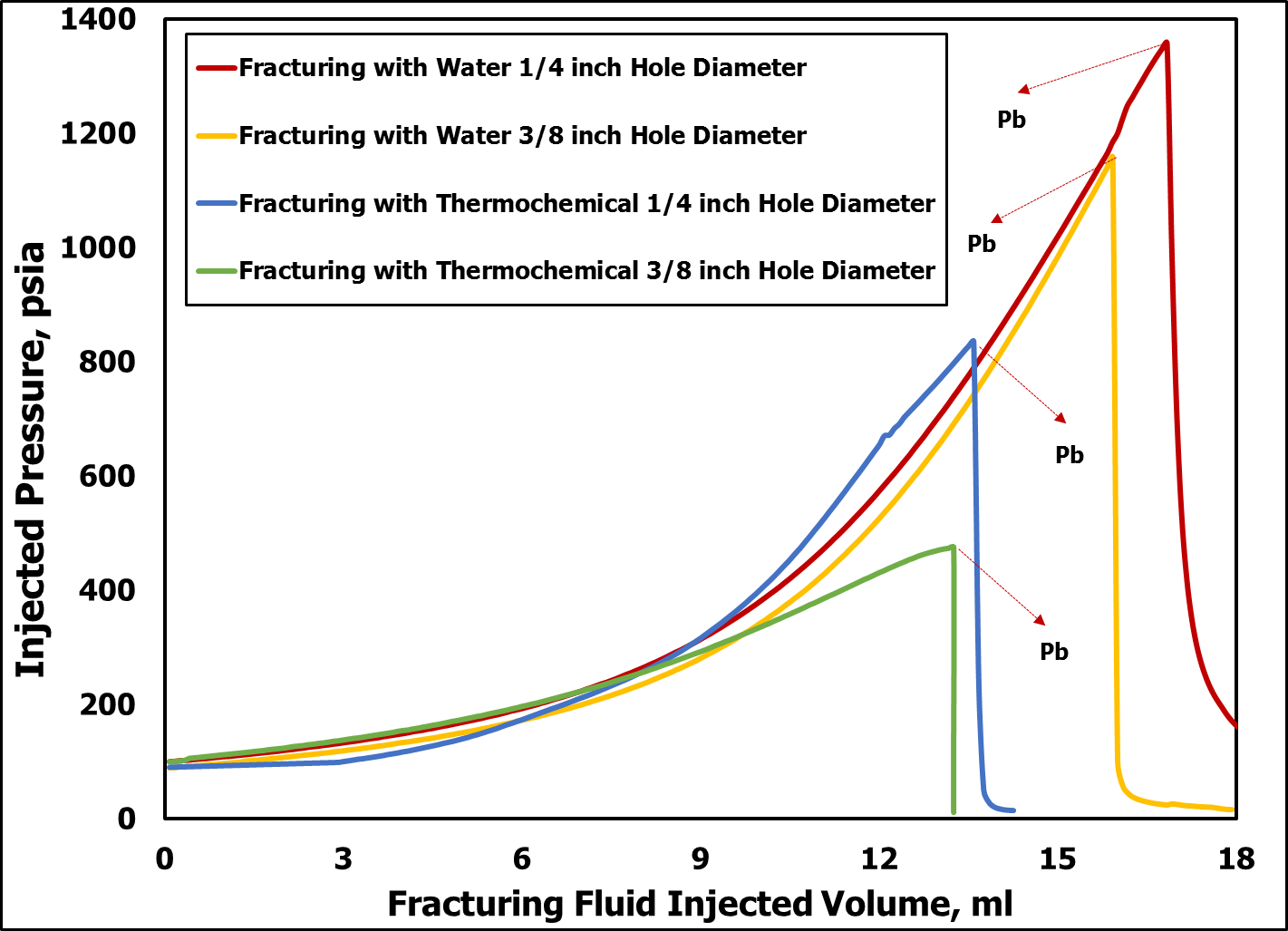The paradigm shift from the conventional resources to the unconventional resources is the consequence of a global increase in energy utilization. The enormous resources of hydrocarbons held by unconventional reservoirs across the worldwide along with the growing oil demand make their contributions to be most imperative to the world economy. However, one of the major challenges faced by oil companies to produce from the unconventional reservoirs is to ensure economical production of oil. Unconventional reservoirs need extensive fracturing treatments to produce commercially viable hydrocarbons. One way to produce from these reservoirs is by drilling horizontal well and by conducting multistage fracturing to increase the stimulated reservoir volume (SRV), but this method of increasing SRV is involved with higher equipment, material, and operational costs.

To overcome operational and technical challenges involved in a horizontal well multistage fracturing, the alternative way to increase the SRV is by creating multiple radial fractures by performing pulse fracturing. Pulse fracturing is a relatively new technique, which can be served as an alternative to a conventional hydraulic fracturing in many cases such as to stimulate naturally fractured reservoirs to connect with pre-existing fractures, to stimulate heavy oil with cold heavy oil production technique, to remove condensate banking nearby wellbore region, and to avoid formation damage near the vicinity of the wellbore originated due to perforation. Pulse fracturing is not involved with injecting proppants into the reservoir, so it is also a relatively cheaper technique. The success of pulse fracturing depends on a better understanding of the exact pressure-time response.
One common and major problem in most of the unconventional reservoirs is the high breakdown pressure due to the reservoir tightness. When fracturing these types of rocks, the hydraulic fracturing operation becomes much more challenging and difficult. In some scenarios reaches to the maximum pumping capacity without generating any fractures.
Through research collaboration with researchers from Saudi Aramco, Dr. Mohamed Mahmoud and his students have executed several research projects on the application of thermochemical fluids to cause pulse fracturing. A study was carried out in the state-of-the-art laboratories at KFUPM to reduce the breakdown pressure of the unconventional tight rocks using thermochemical fluids. Below figure shows the injection pressure profiles obtained with hydraulic fracturing and thermochemical fracturing experiments on cubicle samples. From the analysis of the figure, it can be observed that due to the thermochemical treatment, the breakdown pressure of the unconventional rock reduced significantly.

Figure: Injection profile comparison
The team at CPG includes Dr. Mohamed Mahmoud, Dr. Abdulazeez Abdulraheem and Mr. Zeeshan Tariq (PhD Candidate); Saudi Aramco team includes Mr. Ayman Al-Nakhli.
References:
- Al-Nakhli, A. R., Sukkar, L. A., Arukhe, J., Mulhem, A., Mohannad, A., Ayub, M., & Arifin, M. (2016, December 6). In-Situ Steam Generation A New Technology Application for Heavy Oil Production. SPE Heavy Oil Conference and Exhibition. https://doi.org/10.2118/184118-MS
- Alade, O. S., Hamdy, M., Mahmoud, M., Al Shehri, D. A., Mokheimer, E., Patil, S., & Al-Nakhli, A. (2020). A preliminary assessment of thermochemical fluid for heavy oil recovery. Journal of Petroleum Science and Engineering. https://doi.org/10.1016/j.petrol.2019.106702
- Elsayed, M., Mahmoud, M., El-Husseiny, A., Kamal, M. S., & Al-Garadi, K. (2020). A New Method to Evaluate Reaction Kinetics of Acids with Carbonate Rocks Using NMR Diffusion Measurements. Energy and Fuels. https://doi.org/10.1021/acs.energyfuels.9b03784
- Tariq, Z., Mahmoud, M. A., Abdulraheem, A., Al-Nakhli, A., & BaTaweel, M. (2019a). An Experimental Study to Reduce the Fracture Pressure of High Strength Rocks Using a Novel Thermochemical Fracturing Approach. Geofluids, 2019, 1–16. https://doi.org/10.1155/2019/1904565
- Tariq, Z., Mahmoud, M., Abdulraheem, A., Al-Nakhli, A., & Bataweel, M. (2019b). A review of pulse fracturing treatment: An emerging stimulation technique for unconventional reservoirs. SPE Middle East Oil and Gas Show and Conference, MEOS, Proceedings, 2019-March. https://doi.org/10.2118/194870-ms
- Tariq, Z., Mahmoud, M., Abdulraheem, A., Al-Nakhli, A., & BaTaweel, M. (2020). An experimental study to reduce the breakdown pressure of the unconventional carbonate rock by cyclic injection of thermochemical fluids. Journal of Petroleum Science and Engineering, 106859. https://doi.org/10.1016/j.petrol.2019.106859
